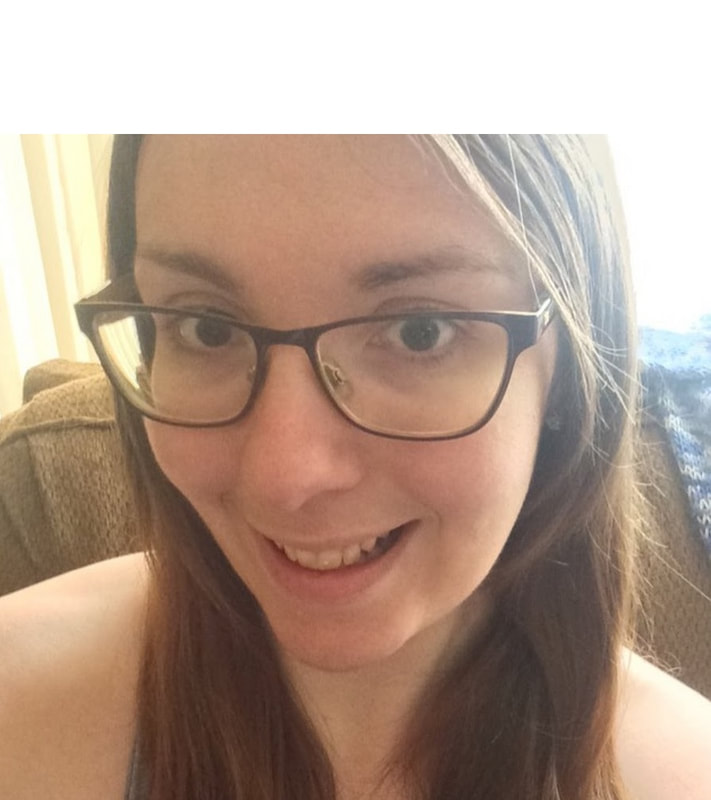Julia RapkeBy Melissa Spohr Weiss
|
|
i. what I imagine:
Julia always has her hands in the ground / she has steel-amber eyes / she keeps busy scrubbing holes through bathroom linoleum / she forgets about fruit until it is over-ripe / Julia only sings sensible hymns / she dusts soil from strawberries, pulps the fruit, spreads it on her Brot at breakfast / her fingernails are always trimmed short / plums bleed their juice on her kitchen counter / when her daughter births my Opa, Julia is ready with tea towels fresh from the icebox / her bible is bookmarked at Hebrews chapter 9 / she gets frustrated when Speck sticks to her teeth / she can’t whistle / she can’t wink / when she shouts Komm essen! her grandkids sticky their palms with Kliesel and ham / Julia’s stiff fingers turn doorknobs like she’s cracking a vault / when she sleeps, she sees red clouds, perogies with berries / sometimes she speaks German and Russian in the same sentence / when a Cossack knocks at her door, she holds Opa’s hand gently, like a ripe apple /
ii. what I know:
She died first.
Weltschmerz DefinedBy Melissa Spohr Weiss
n. A deep sadness about the inadequacy or imperfection of the world.
Or v. Opa makes a game of tossing leftover hand grenades littered in his village. v. Bolsheviks don’t clean up soldiers buried in church basements. v. Opa’s parents die of typhus somewhere between Volhynia and Siberia. v. Ten years old, in the empty mine field, he plays pretend. v. He finds a grenade that looks different from the others. It explodes in his left hand. v. Bones crack. n. Cottage cheese dumplings. Tobacco and gin on his father’s mustache. v. Nerve endings dissolve. n. Ginger root on his tongue. Bibles packed tight in heirloom tea towels. n. Crocheted chevron afghans. Handwritten scrawl. His grandmother’s Kuchen recipes. v. In his right hand, Opa picks up another shell. Throws again. Opa's Spit CupBy Melissa Spohr Weiss
My Opa raised me on Jesus, reheated Kraft Dinner,
and the repetitive lecture that, although we come from Russia, we are not Russian. Don’t cheer for them during the Olympics, don’t draw Russian flags on your family history homework. Do I have to tell you about the Bolsheviks again? Every time I play it back in my head, his pupils are a darker shade of grieved. His knuckles dig deeper into the timbre of his voice. Opa died when I was ten. I’ll never know what colour his coat was the day the Cossacks knocked on his door. Or the last words he spoke to his grandmother before rheumatism nipped her free from exile. Did he make a game, as nine-year-olds often do, of counting steps? Did the snow flake like coconut, or was it more a curdled milk? I can’t ask him. But this is what I remember: Opa had an empty Yoplait container that attracted flies in the summer. He’d sputter up globs of phlegm every few minutes, collect them in the yogurt cup. Did this for years. Maybe it was a medical condition, maybe he didn’t like the way the mucus felt in his stomach. But any time Putin appeared on the news, Opa seemed to hock with gusto. Dig into his throat a little deeper, a little longer. Melissa Spohr Weiss is a graduate student at the University of New Brunswick. Her work has been published in Arc Poetry Magazine, Riddle Fence, The Malahat Review, CV2, Prairie Fire, and elsewhere.
|

